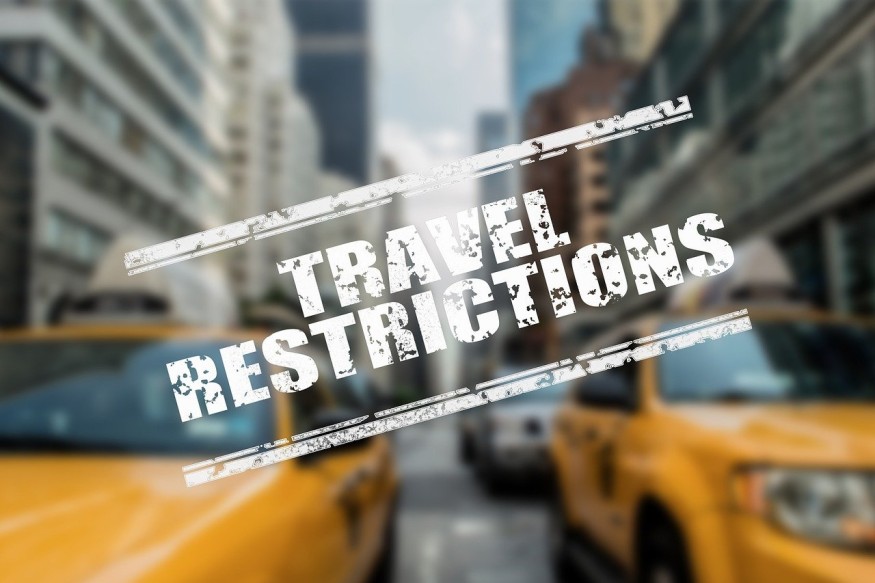When the World Health Organization (WHO) declared COVID-19 a public health emergency, they asked nations to keep their borders open, but this advice was ignored that even some countries are closing their borders to all nations. Many countries around the world immediately placed travel restrictions and border closures in fear of community transmission.
However, models show that strict border closures only has a positive effect in limiting the COVID-19 transmission during the early days of the pandemic and provides little benefit once community transmission is recorded.
Many experts also believe that imposition of border restrictions was largely ineffective and may not be worth the social and economic trade-offs.

What the Data Says About Lockdown Effects
Scientists said that many of the available studies on the effects of travel restrictions were based on theoretical models that are only helpful when time-consuming observational studies are not available, Nature reported.
Last month, a review of studies was published in medRxiv by Grépin and Kelley Lee, who studies global health at Simon Fraser University in Vancouver, Canada. The pair found that travel restrictions were only effective in the early months of the pandemic.
Meanwhile, a study about the ban of people leaving Wuhan, the place where the pandemic started, showed that it prevented almost 80% of the COVID-19 infections from transmitting to countries outside China a few weeks after it was implemented. The researchers think that some models have overestimated the advantages of countries' border closures compared to the Wuhan lockdown.
Moreover, the model shows that border closures' effectiveness was short-lived when it is not combined with other health protocols like testing, contact tracing, and quarantining.
Additionally, a study published in The Lancet last December 7 showed that international travelers would have contributed more than 10% of the transmission of the virus if there are no reductions in the movement of people last May. A few months later, in September, the number of COVID-19 cases due to international travelers have significantly dropped.
Infectious disease modeler and co-author of the study Mark Jit said that the findings suggest that travel restrictions were not justified later in the pandemic. But it can be useful in highly connected countries and in areas with low transmission that wanted the virus out. He added that observational studies are now more important to see the effectiveness of border closures.
Could Implementing Lockdowns Be Bad?
A study on the effectiveness of travel restrictions to prevent COVID-19 transmission showed that closing all border were almost always bad and that allowing movement may be effective at reducing the viral transmission, according to News-Medical.Net's report.
The researchers placed simulated groups of people in two different locations and used SIR dynamics, mostly used in epidemiological studies. The method has yielded a surprising result that closing borders are almost always bad, says researcher Massimiliano Zanin.
They run over 10,000 simulations and confirmed that migration from large cities to smaller towns was effective at reducing the spread of diseases, although they also said that this puts the smaller towns at risk. But overall, this does not outweigh the benefit of reducing the population density in larger cities.
"A collaboration between different governments and administrations is an essential ingredient towards controlling a pandemic, and one should consider the possibility of small-scale sacrifices to reach a global benefit," Zanin said.
Check out more news and information on COVID-19 on Science Times.
© 2025 ScienceTimes.com All rights reserved. Do not reproduce without permission. The window to the world of Science Times.












